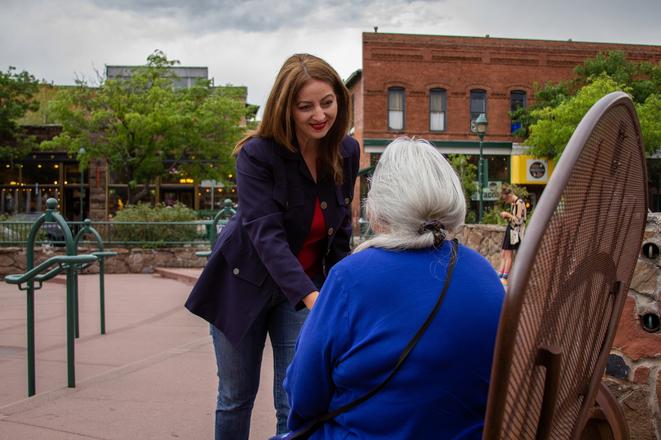With Slovak parliamentary elections around the corner, campaigns heating up, and the social media content visibility controlled by big tech, our national grumpiness seems to be increasingly turning towards each other.
When you live, like me, far away from Slovakia for a long time and are intensely involved in the public life of your new home, you miss the minutiae of the legislative and executive discourse and the national dialog that dominates Slovak media. You lose track of the judicial scandals with their procedural intricacies. You glance over the culture and identity wars that most parties love to engage in because they sharpen the political conflict while taking away attention from the bread-and-butter issues they are unwilling to solve.
But after 23 years abroad, I gained a perspective that I want more Slovaks to understand.
Initially, for a white educated immigrant in a wealthy country, everything tends to be fascinating and great—as it was for me, making a home and building a professional career in the U.S. Then you begin to romanticize the place you came from, frequently basking in the nostalgia of the years past that froze Slovakia in time for you with wonderful memories of a carefree childhood and the exciting transformative years of young adulthood and college experiences. For my generation, the euphoria of the Velvet Revolution in 1989, the sense of unity, love, and hope we collectively felt, and then the thrill of the early 1990s with our newfound freedom made my formative years especially worthy of frequent visits down memory lane. Eventually, you can develop a more nuanced understanding of what is worth to love, protect, and enhance in Slovakia besides food, customs, and beautiful countryside.
The Slovak constitution guarantees free healthcare and the right to health protection for all. We should not give up this basic human right that many in the U.S. wish to have. To the contrary, we should demand that legislators make mental health, dental care, and vision care part of the universal, publicly funded healthcare system because the body is an integrated system and should be treated as such. Protecting the solidarity principle in healthcare financing limits costs and increases accessibility.
College debt is a massive problem in the U.S. economy, second to only mortgage debt, crippling the prospects of young people as they try to start their independent lives. Slovakia should protect its public higher education system, resist privatization, and keep it tuition-free for all its citizens. We all benefit from an educated population whether we go to college or not.
Slovakia created a legal framework that encourages political organizing by providing public financing of political parties that show popular support. While it may seem messy and sometimes even unstable to have many political parties that exist thanks to this system, political plurality is good for democracy. In the U.S. with its system of “the winner takes all,” political power is too concentrated rather than distributed and negotiated through coalition building the way it is in Slovakia. We can even deepen democracy in Slovakia by completely restricting political contributions from businesses and other entities that do not have voting privileges and thus should not have an undue influence on elections, while making the process of collecting contributions up to a certain limit in a cycle from individual citizens easier.
Income inequality is a huge and growing problem in the world, but Slovakia has the lowest inequality of all OECD countries as measured by the GINI coefficient. We should support universal programs and the kind of economic activities that keep raising the floor for all, including cooperatives, which has a tradition in Slovakia that dates to the mid 1800s. In fact, the first cooperative lending institution in Europe was established by Slovak Samuel Jurkovič. Cooperative models provide an alternative to corporate structures, which are being increasingly scrutinized by economists, social scientists, and economic justice activists for their speculative strategies to boost short-term profits at the expense of other societal goals.
As Slovaks living abroad, we have perspectives that are both enhanced and limited by experiences in our host countries. We should talk more often and in public about the policy directions that as a country we got right, and we need to build on. The grass is not always greener on the other side.
Eva Putzová is an economic justice activist, campaign consultant and strategist, former Flagstaff City Council Member and a 2020 candidate for the U.S. House of Representatives. She splits her time between Flagstaff, Arizona and Nitra. You can find her on all social networks as @evaputzova.
Author: Eva Putzová


 Eva Putzová talks to an older lady in the USA. (source: Archive of E. P.)
Eva Putzová talks to an older lady in the USA. (source: Archive of E. P.)